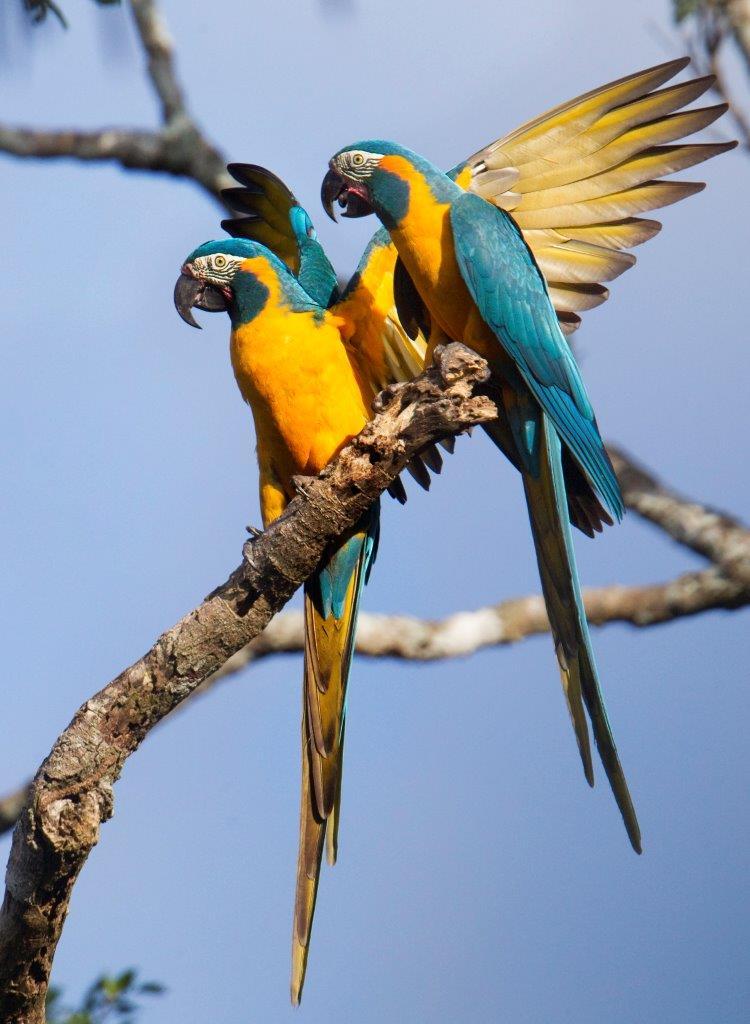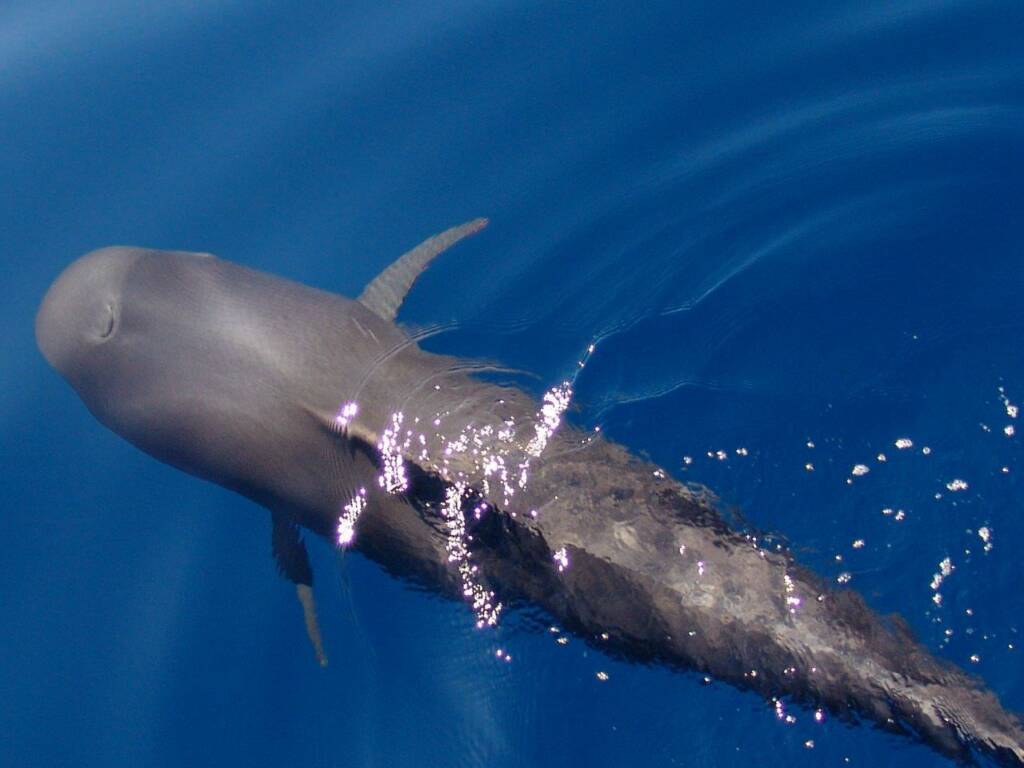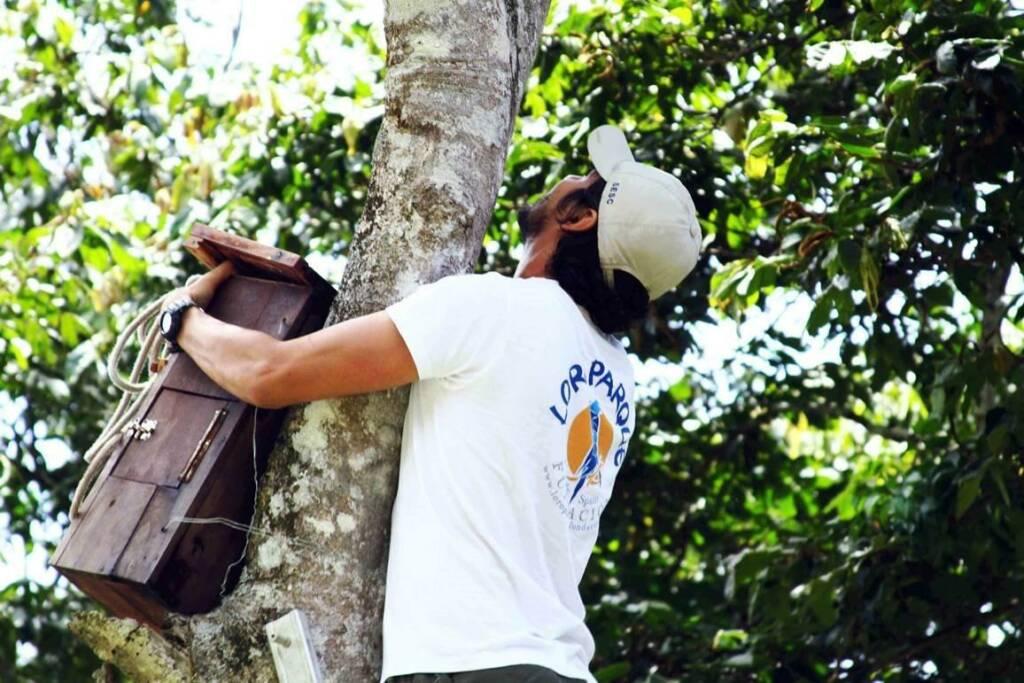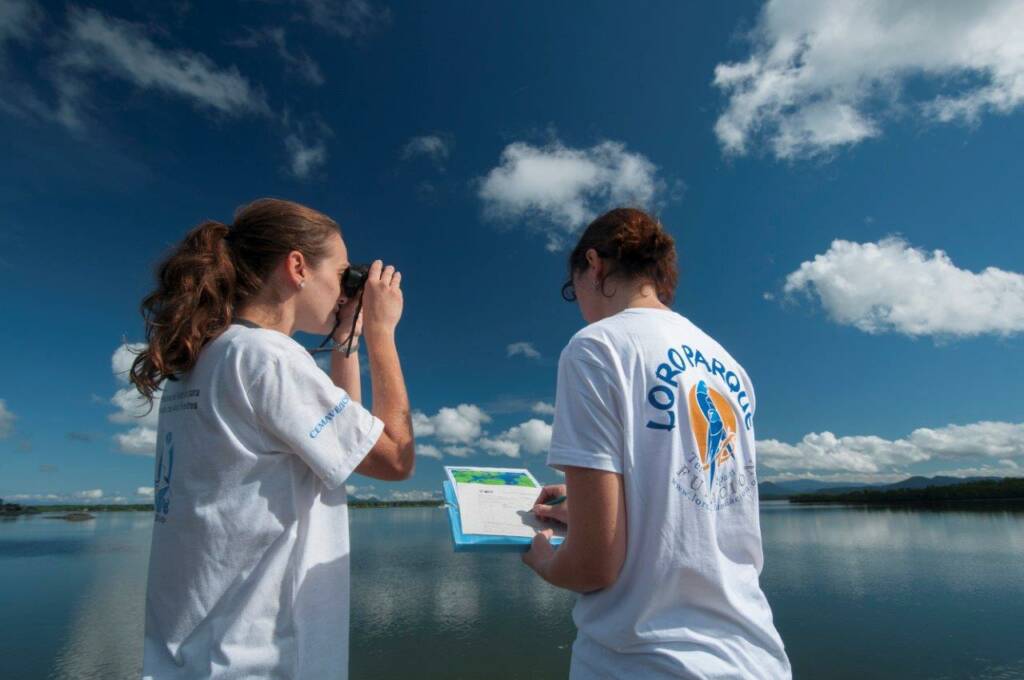Dr. Javier Almunia, director of the Loro Parque Fundación, has recently been re-elected as president of the Iberian Association of Zoos and Aquariums (AIZA), a position he has held since April 2019 and which he now renews until 2024.
Currently, as explained Almunia, the organization has been focused on carrying out “intense work with the Institute for Spanish Tourism Quality (ICTE) and the Ministries of Tourism and Health to develop the guidelines for the sector that will allow visitors to return to zoos and aquariums throughout Spain safely. For the future, when normality is recovered, “the main focus of the Association will be to optimize the work of biodiversity conservation in zoos and aquariums to try to mitigate the effects of the sixth mass extinction”.
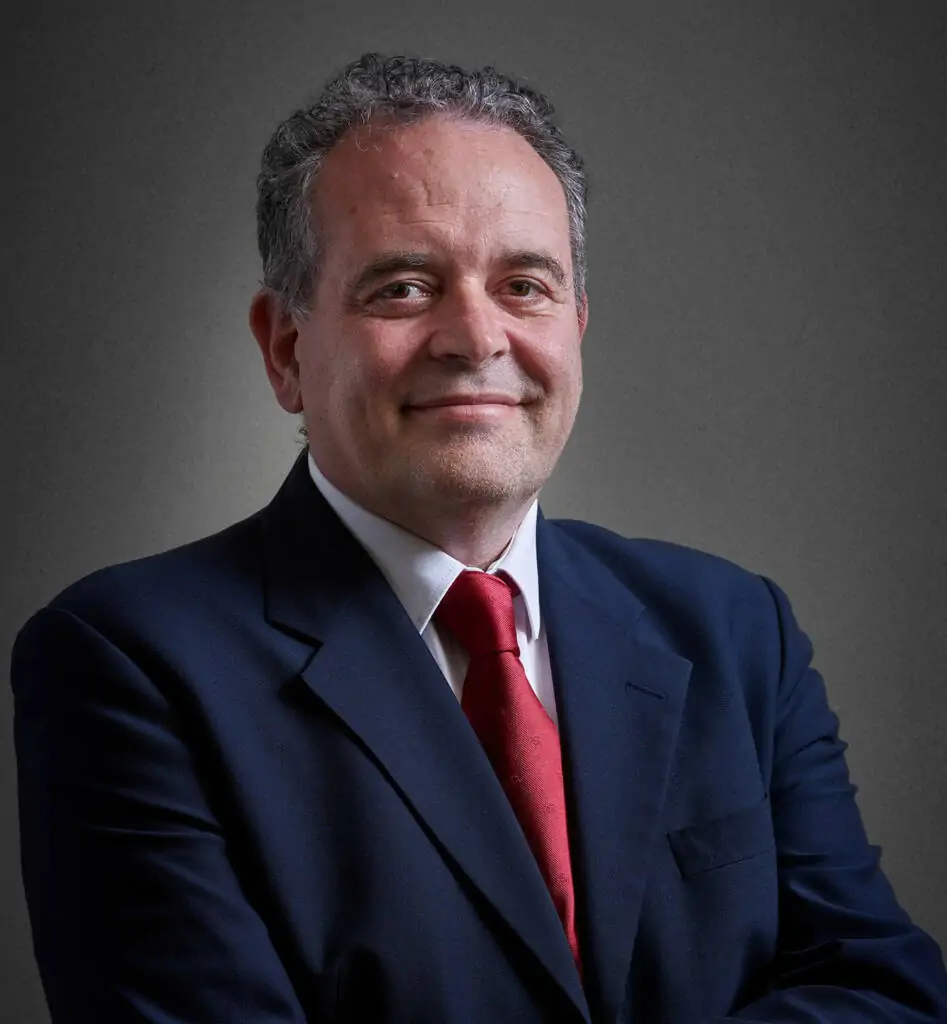
Javier Almunia has a PhD in Marine Sciences from the University of Las Palmas de Gran Canaria and a Masters in Environmental Management from the Ecological Research Institute. He has extensive knowledge of endangered wildlife conservation projects, having carried out field research in the Atlantic, Indian and Antarctic ocean. He is the author of several dozen scientific papers and over a dozen presentations at scientific conferences on marine ecology, cetacean ecotoxicology, bioacoustics, ethology, etc. Currently, he is also president of the European Association of Aquatic Mammals (EAAM).
Almunia began working at Loro Parque Fundación in 1999 as head of Education and since 2003 he has held the position of director of Environmental Affairs, until he was appointed director in 2018.
Loro Parque Fundación, 100% for Nature
Since 1994, Loro Parque implements most of its Corporate Social Responsibility actions through the Loro Parque Fundación, an international non-profit organization specialized in the conservation and protection of endangered species of parrots and marine mammals, among other animals, that are in danger of extinction.
Every year, and thanks to the financing of the operational costs of the Foundation by Loro Parque, 100% of the donations received go directly to conservation and/or education projects “in situ” and “ex situ”. Thus, “100% for nature” is not just a slogan, but goes much further: it is a reality. Its numbers and results speak for themselves: more than 21.5 million US dollars invested in almost 200 projects on five continents and 10 species of parrots directly saved from imminent extinction.
Since last year, the Foundation has also been participating in a pioneering project, co-financed with the Canary Islands Government in a public-private initiative, with which the universities of the Canary Islands and the NGOs Elasmocan and AVANFUER are studying the effects of climate change on the sea. The project will invest two million euros over four years, divided into various lines of work ranging from the monitoring of marine chemistry parameters to the study of algae communities, angel sharks and sea turtles, with the aim of providing as much information as possible to monitor the effects of this global change on the archipelago and the whole of Macaronesia.

